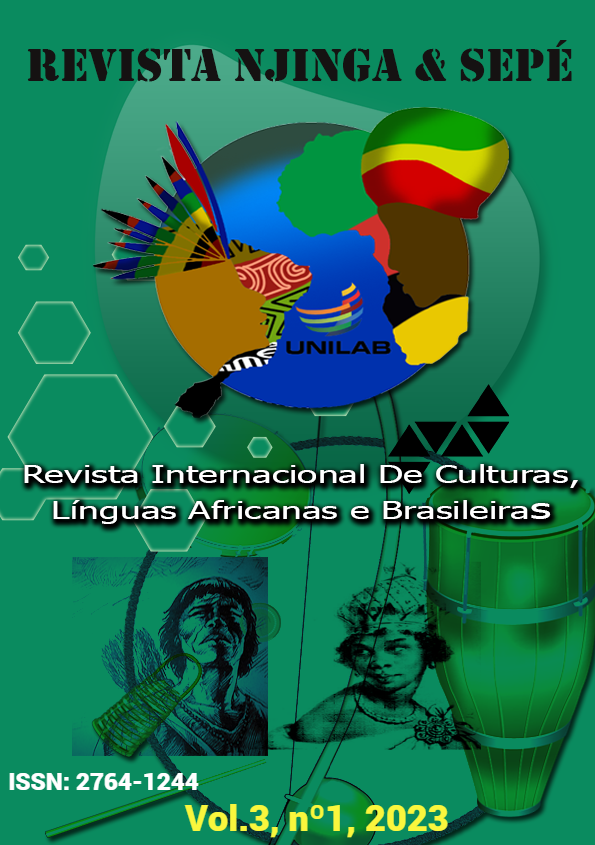TEACHERS AS TRANSFORMATIVE AGENTS: AN INTERVIEW OF RETIRED TEACHER MWALIMU GATHECA FROM NJUMBI VILLAGE, MURANG’A COUNTY. KENYA
Resumen
The World Teachers day is celebrated globally on 5th October to highlight the rights, responsibilities and standards of teachers in their quest to impact the communities they live in. The first celebration of the World Teachers day was in 1994 to commemorate the anniversary of the adoption of the 1966 ILO/UNESCO Recommendation concerning the status of teachers around the globe (UNESCO[i]). According to UNESCO[ii] the theme for this year was, “The transformation of education begins with the teachers”. In Kenya celebrations were held in various education institutions right from basic to tertiary education. This is the one day, that a teacher is trending and several congratulatory messages are given to teachers by their learners. In this article, we celebrate a retired teacher Mwalimu Gatheca, who hails from a small rural community in Njumbi, which is located in the central part of Kenya. He is a respected elder in his community and though retired, he is not expired. He is still actively engaged in a transformative agenda in his community which has entailed harnessing energies of his community members who cut across gender, age and geographical divide.
Descargas
Citas
Descargas
Publicado
Cómo citar
Número
Sección
Licencia
Derechos de autor 2023 NJINGA&SEPÉ: Revista Internacional de Culturas, Línguas Africanas e Brasileiras

Esta obra está bajo una licencia internacional Creative Commons Atribución-NoComercial-SinDerivadas 4.0.
Los autores que publican en esta revista aceptan los siguientes términos:
Los autores mantienen los derechos de autor y otorgan a la revista el derecho a la primera publicación, siendo el trabajo simultáneamente licenciado bajo la Licencia de Atribución Creative Commons, que permite compartir el trabajo con reconocimiento de la autoría del trabajo y la publicación inicial en esta revista.
Se autoriza a los autores a asumir contratos adicionales por separado, para la distribución no exclusiva de la versión del trabajo publicado en esta revista (p. Ej., Publicación en repositorio institucional o como capítulo de libro), con reconocimiento de autoría y publicación inicial en esta revista.
Se permite y se anima a los autores a publicar y distribuir su trabajo en línea (por ejemplo, en repositorios institucionales o en su página personal) en cualquier momento antes o durante el proceso editorial, ya que esto puede generar cambios productivos, así como aumentar el impacto y cita del trabajo publicado (Ver El efecto del acceso abierto).




